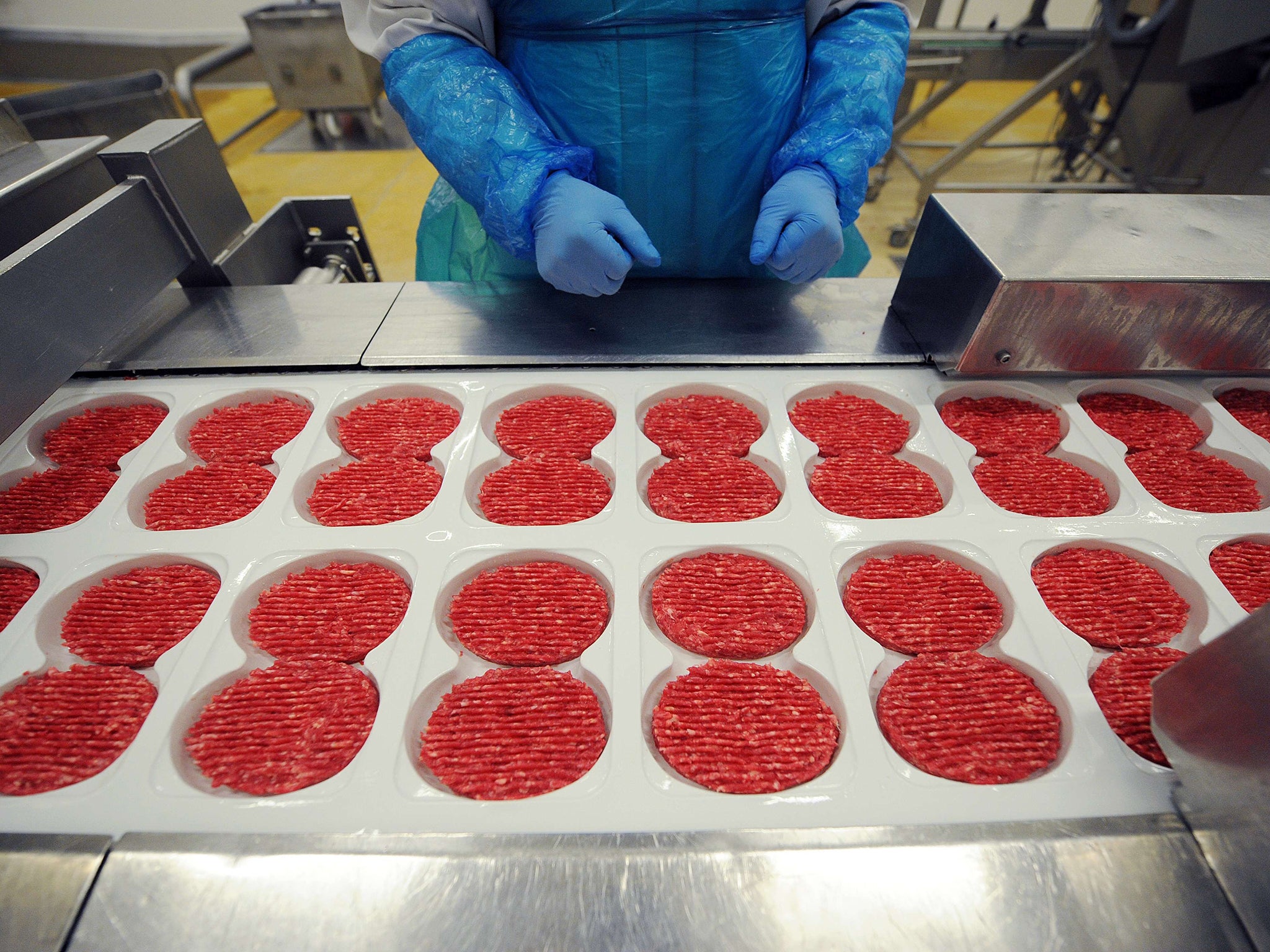New 'food crime unit' to be set up in the wake of horsemeat scandal
Food police will investigate organised criminals' counterfeit food

Your support helps us to tell the story
From reproductive rights to climate change to Big Tech, The Independent is on the ground when the story is developing. Whether it's investigating the financials of Elon Musk's pro-Trump PAC or producing our latest documentary, 'The A Word', which shines a light on the American women fighting for reproductive rights, we know how important it is to parse out the facts from the messaging.
At such a critical moment in US history, we need reporters on the ground. Your donation allows us to keep sending journalists to speak to both sides of the story.
The Independent is trusted by Americans across the entire political spectrum. And unlike many other quality news outlets, we choose not to lock Americans out of our reporting and analysis with paywalls. We believe quality journalism should be available to everyone, paid for by those who can afford it.
Your support makes all the difference.The Government is to set up a new food crime unit to investigate and police the food industry, following a probe into last year’s horsemeat scandal.
The new special force was the key recommendation from food security expert Professor Chris Elliott, who was commissioned by the Government to look into the UK food chain last year. The new unit will comprise a specialist team within the Food Standards Agency.
“There is a huge incentive for the criminal to pursue food crime... which risks proliferation if left unchecked,” the inquiry report says.
“I believe the creation of a national food crime prevention framework will ensure measures are put in place to further help protect consumers from any food fraud incidents in the future,” added Professor Elliott, of Queen’s University Belfast.
Law enforcement agencies believe food crime is becoming a major problem. International gangs are said to be diversifying elements of their operations from drug trafficking and armed robbery into fraudulent foods.
Michael Ellis, assistant director of Interpol, said: “Criminals have realised that they can make the same amount of money by dealing with counterfeit food. Invariably sentences are much lighter.”
“In my experience, the patterns used by criminals involved in counterfeiting are very similar to those used in the dealing of drugs. They operate front companies, they employ front bank accounts, they will have false declarations for the movement of their goods, they will mis-declare their shipments.”
Professor Elliott made a series of other recommendations, all of which the Government said it will take on board.
They include better intelligence gathering and sharing of information to make it more difficult for criminals to operate; new, unannounced audit checks by the food industry to protect businesses and their customers; and the development of a whistleblowing system that would better facilitate the reporting of food crime.